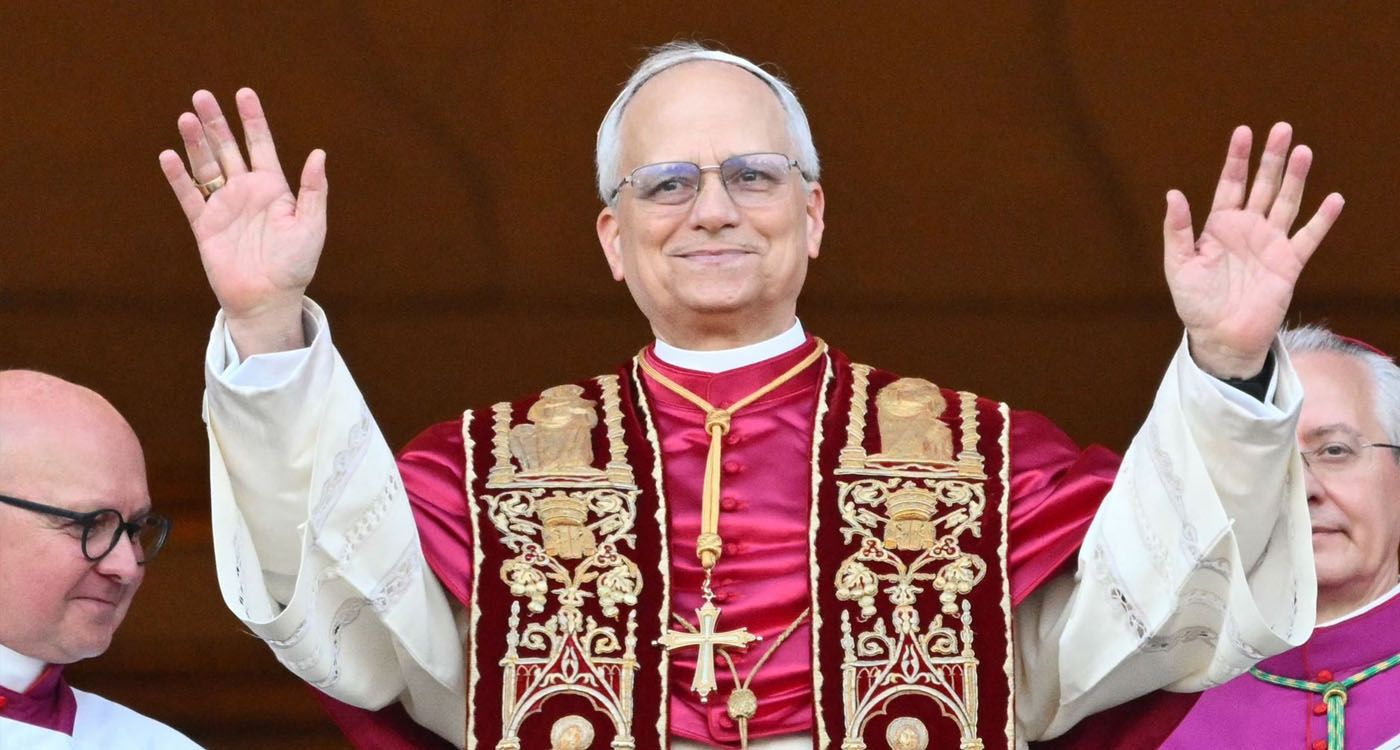
As the curtains of the conclave close and the new pope, Leo XIV, takes his seat on the throne of Saint Peter, a major dossier awaits him on his gilded desk: the Vatican’s finances, currently sailing through troubled waters. Certainly, the primary mission of the Supreme Pontiff is spiritual, but in Rome, angels alone are no longer enough to balance the books.
Amid ongoing spiritual and social transformation, the Vatican is facing a more down-to-earth reality—its accounts are in the red. The Holy See’s financial management appears more akin to that of a debt-ridden state than a model of virtue. As head of the Catholic Church, the newly elected Pope Leo XIV inherits not only a spiritual mission but also a significant economic challenge.
Indeed, in 2023, the Vatican posted a deficit of €83.5 million on a €1.2 billion budget, according to reports by Radio France Internationale (RFI). This budgetary shortfall, which has fluctuated for years between €50 and €90 million, still according to RFI, represents nearly 7% of annual expenditures. The 2025 budget, deemed too ambitious by the Secretary for the Economy, was initially rejected before being revised and approved in March.
This financial imbalance is largely due to falling revenue—especially donations, which have long been a key source of income. And yet, the Holy See owns substantial real estate holdings, with around 5,000 properties worldwide—a figure worthy of an empire. However, according to RFI, only 14% of these properties are rented at market rates. The rest are leased at heavily discounted prices to Church employees or associates. As a result, to cover losses, between €20 and €25 million worth of assets are sold each year. We’re a long way from the miracle of the loaves and fishes.
The situation is all the more worrying when it comes to expenditures. The pension fund for the Vatican’s roughly 5,000 employees and retirees is also in the red—estimates place the shortfall between €350 million and €1 billion. The deficit is so severe that, last November, Pope Francis was forced to replace the entire board of directors.
One of the major challenges of the new pontificate will undoubtedly be to continue the push for budget transparency, tentatively begun under Francis. As of now, the Vatican only publishes a portion of its financial accounts, which continues to fuel criticism, suspicion, and calls for greater accountability.
As the Church seeks to renew its mission in a changing world, Leo XIV inherits an equation he must solve: how to reconcile financial discipline, spiritual vocation, and modern management? The new pope thus finds himself not only guiding a Church—but also tasked with fixing a budget. Between pension reform, asset management, and administrative transparency, Pope Leo XIV’s pontificate promises to be as much about accounting as about pastoral care.


Comments